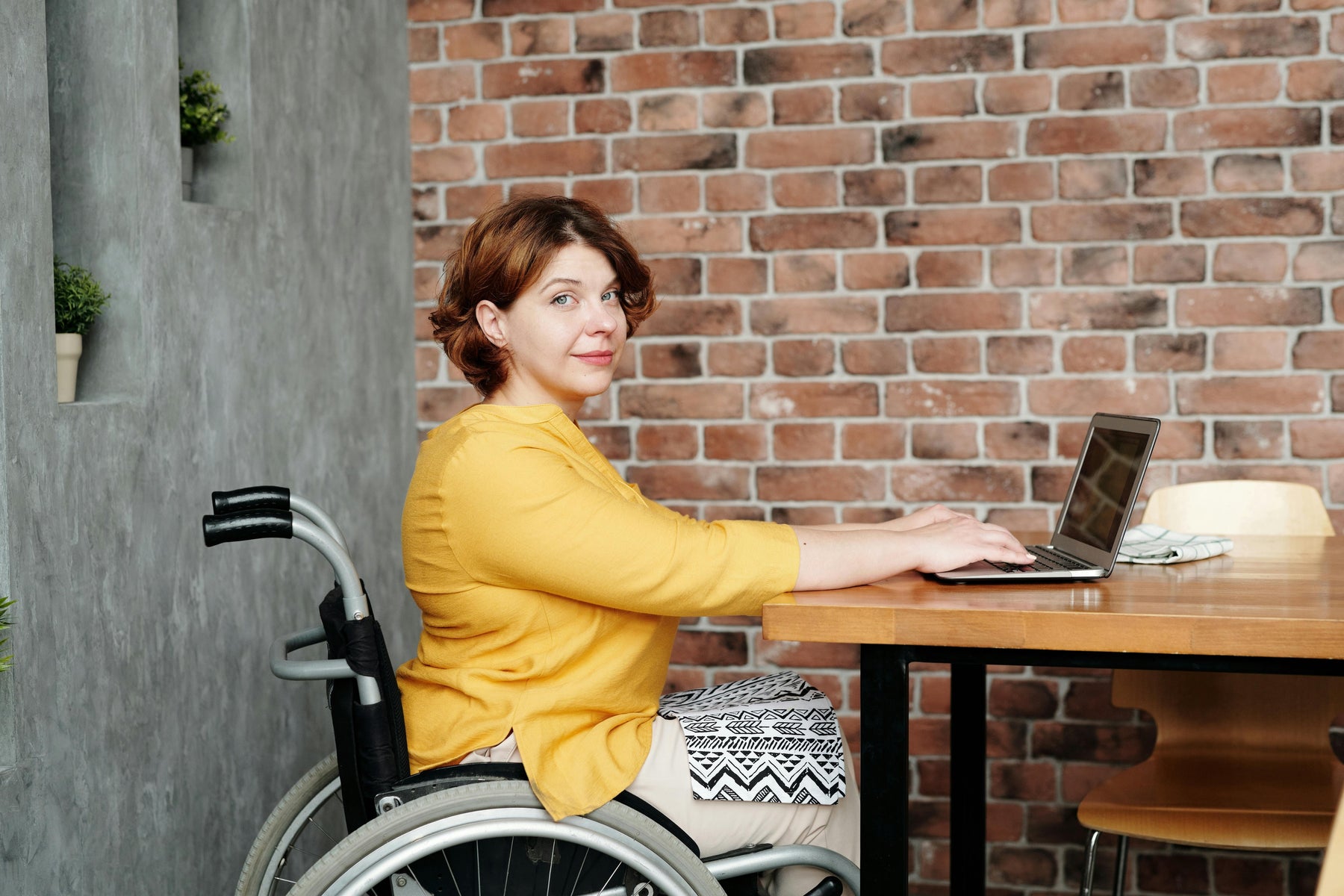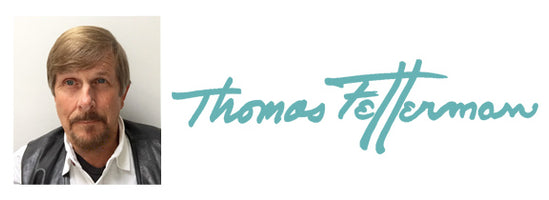
Starting Strong: How Parents with Disabilities Can Launch a Small Business with Clarity and Confidence
There’s a specific kind of grit that comes from parenting while navigating disability — a deep, daily calibration of energy, care, and responsibility. Starting a business under those conditions doesn’t signal a lack of realism; it signals a sharp awareness of systems that weren’t built with you in mind. So when that drive surfaces — to build something that fits your rhythm, to serve others while protecting your health and your family’s structure — the last thing you need is abstract advice or condescending cheerleading. You need scaffolding. You need specifics. And above all, you need to be treated like a founder, not a footnote.
Why Entrepreneurship Can Be a Stabilizing Force
For many disabled parents, employment isn't just about earning income — it’s about reclaiming flexibility, dignity, and control. Traditional jobs often come with rigid expectations around hours, location, and communication. Small business ownership, on the other hand, allows for adaptation. Federal programs now actively recognize this shift, offering targeted self-employment and entrepreneurship support as part of broader disability employment strategies. This matters — not just financially, but symbolically. Choosing to launch your own business isn’t a workaround. It’s a declaration of self-determination.
When You’re Ready for School, But Life Is Still in Session
Sometimes the missing piece isn’t just funding or structure — it’s confidence. Not fake-it-til-you-make-it confidence, but real, earned strategy fluency. For parent-entrepreneurs with disabilities, pursuing education while caregiving may feel out of reach, but fully remote options can shift that calculus. Programs built for asynchronous learning let you work in bursts, not blocks. If that’s the kind of rhythm you need, see more about flexible MBA tracks that don’t punish unpredictability. Business education doesn’t have to look like night classes and commuter parking lots. It can look like stolen hours between rest and the next school pickup.
Build Infrastructure That Won’t Break You Later
Foundations matter. Especially when they’ll be stress-tested by fatigue, appointments, school drop-offs, and everything in between. Whether it’s a home office layout, your digital tools, or your website’s contact form — accessibility is not a “nice-to-have.” It’s stability. It’s continuity. The good news is that there are clear technical standards for business owners, and if you’re building or retrofitting, you can follow ADA accessibility standards guide without starting from scratch. These guidelines apply to both physical and digital spaces — from ramps to keyboard navigation. Design like you’ll need to lean on it. Because you will.
Getting Help Doesn’t Make It Less Yours
The mythology of the solo founder is loud — but in real life, building something sustainable almost always requires a support web. That’s especially true for parents with disabilities, who are already doing the work of two people on most days. Whether you’re writing a business plan or navigating tax classification, mentorship can be the shortcut that saves your sanity. Organizations like JAN offer entrepreneurship resources offered by JAN — tailored, not generalized — and these aren’t charity models. They’re strategy hubs. Use them.
If Funding Is Gatekept, Look for the Right Doors
One of the fastest ways disabled founders are sidelined is during the capital phase. Grants have fine print. Loans have bias. Investors have assumptions. That’s why it’s crucial to build a clear picture of what's available and accessible. You might not see these options on a bank website, but there are targeted funding options for disabled entrepreneurs that bypass traditional filters. Some programs pair money with mentorship. Others reward community impact or social innovation. The key is not to cast a wide net, but a smart one — and to track your eligibility against the specific kinds of support written with your needs in mind.
You Shouldn't Be the Only One Like You in the Room
Entrepreneurship can be isolating, and that isolation gets deeper when you’re parenting, disabled, and not seeing yourself reflected in peer spaces. One antidote: join networks already seeded with people who get it. These aren’t “inspiration spaces.” They’re operational support. They’re where you learn how someone else negotiated vendor contracts without in-person meetings, or set pricing to account for inconsistent energy levels. If you haven’t yet, explore ADA peer support networks where mutual aid and practical feedback go hand in hand. The relief is not just emotional — it’s tactical.
Grants Aren’t a Last Resort — They’re a Power Move
Let’s be honest: bootstrapping can be romanticized, but it’s often a trap. If you’re building something real, especially while disabled and caregiving, you need fuel. That might mean grants, pitch competitions, micro-loans, or accelerators. What matters is aligning the type of funding with your bandwidth, your model, and your runway. A comprehensive scan of the best funding resources for disabled entrepreneurs can open up tracks you didn’t know existed. Some support first-time founders. Others offer second-chance capital. Apply not because you’re in need — but because you’re in motion.
Starting a business while managing parenting and disability isn’t proof of extraordinary strength. It’s proof that the current systems didn’t fit, and you decided to build your own. That’s not a gamble. That’s design. And yes, the friction is real — from funding filters to physical space constraints, from decision fatigue to imposter syndrome. But those aren’t signs to stop. They’re signals to structure. So get clear, stay paced, borrow scaffolding when you need to — and move like your work belongs in the market. Because it does.
Discover the innovation behind the world’s favorite crutch tips and accessories at Fetterman Crutches, where quality and safety meet to enhance your mobility journey.

